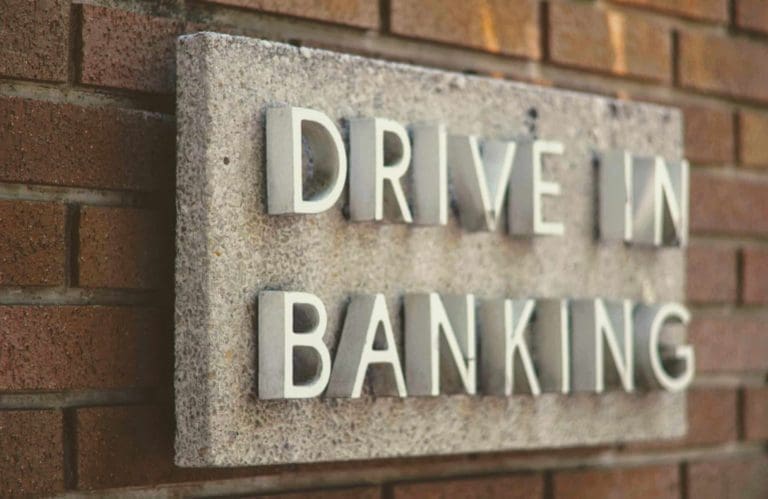The SA Ministry of Finance has placed Habib Overseas Bank Limited (Habib Overseas Bank) under curatorship owing to governance, compliance, and operational failures.
Announcing the move on Monday, the South African Reserve Bank (SARB) said the minister of finance acted on recommendations “to deal with its governance, compliance and operational failures”.
The recommendations were made by the Prudential Authority (PA) at the SARB.
SARB said over the past four years, the PA had intensified its supervision of Habib Overseas Bank because of identified weaknesses in the bank’s governance process, and its internal control environment as well as the various investigations and reviews which have repeatedly confirmed the bank’s non-compliance with several financial sector regulations.
“This non-compliance also relates to significant findings relating to breaches of exchange control regulations,” said the SARB.
“Having duly considered the continuing failure of the bank’s Board of Directors (Board) and management to deal effectively with the weaknesses in controls and its poor regulatory compliance, as well as the growing risks over its ability to meet future obligations as required by the Banks Act 94 of 1990 and the Regulations relating to Banks, the minister of finance, on a recommendation from the PA, decided to place Habib Overseas Bank under curatorship with immediate effect.”‘
SARB said this was being done to proactively protect the bank’s depositors.
“Upon the appointment of a curator, the Board and management of Habib Overseas Bank have been relieved of all their powers, which are now vested with the curator, subject to the supervision of the PA,” the SARB said.
“Any other person vested with the management of the affairs of the bank shall be divested thereof.
“The curatorship provides the legal framework within which the necessary initiatives can take place to enable an orderly resolution.”
SARB said the Minister of Finance has appointed PricewaterhouseCoopers Inc. (PwC) as the curator, with Craig du Plessis as the representative of PwC who will be responsible for Habib Overseas Bank with immediate effect, and with the full authority the law confers on a curator.
“Habib Overseas Bank will continue to operate during the period of curatorship, subject to the assessment of the curator,” said SARB.
“The curator will assume the powers of the Board and management and will make decisions regarding the bank’s continued granting of loans and sound banking activities generally.
“The curator is also required to recover and take possession of all the assets of Habib Overseas Bank.”
However, the SARB said Habib Overseas Bank remains liquid, with a liquidity coverage ratio above the regulatory requirement, and there are no immediate concerns for depositors, which means their funds remain safe at the bank.
“The curator will keep customers informed of any significant new developments at the bank,” said the SARB.
“South Africa’s banking sector remains healthy and robust, and it is unlikely that other South African banks will be negatively affected by Habib Overseas Bank’s current situation.
“The governance challenges and reasons for this curatorship are not related to the recent difficulties with banks in the United States and Switzerland.”
Habib Overseas Bank is a small financial institution that was licensed as a bank by the SARB in 1990.
It provides, among other things, term loans, overdrafts, mortgages, bills of exchange and credit facilities to customers in South Africa.
Habib Overseas Bank is not related to, and should not be confused with, Habib Bank AG Zurich (HBZ), which also operates in South Africa but is a different bank and not under curatorship.
Background
The Financial Sector Regulation Act 9 of 2017 mandates the PA at the SARB to:
• promote and enhance the safety and soundness of financial institutions that provide financial products; and
• protect financial customers against the risks that may arise should those financial institutions fail to meet their obligations.
The role of the PA is to make every effort to ensure that South Africa’s banks have adequate capital, liquidity and leverage ratios. The PA is, and will remain, an active supervisor.
However, this can never substitute for management’s role at a bank and its responsibility to manage a bank.
It also cannot replace a Board’s responsibility to ensure that sound policies and practices are in place in relation to corporate governance, effective risk management and the strategic direction of a bank.
